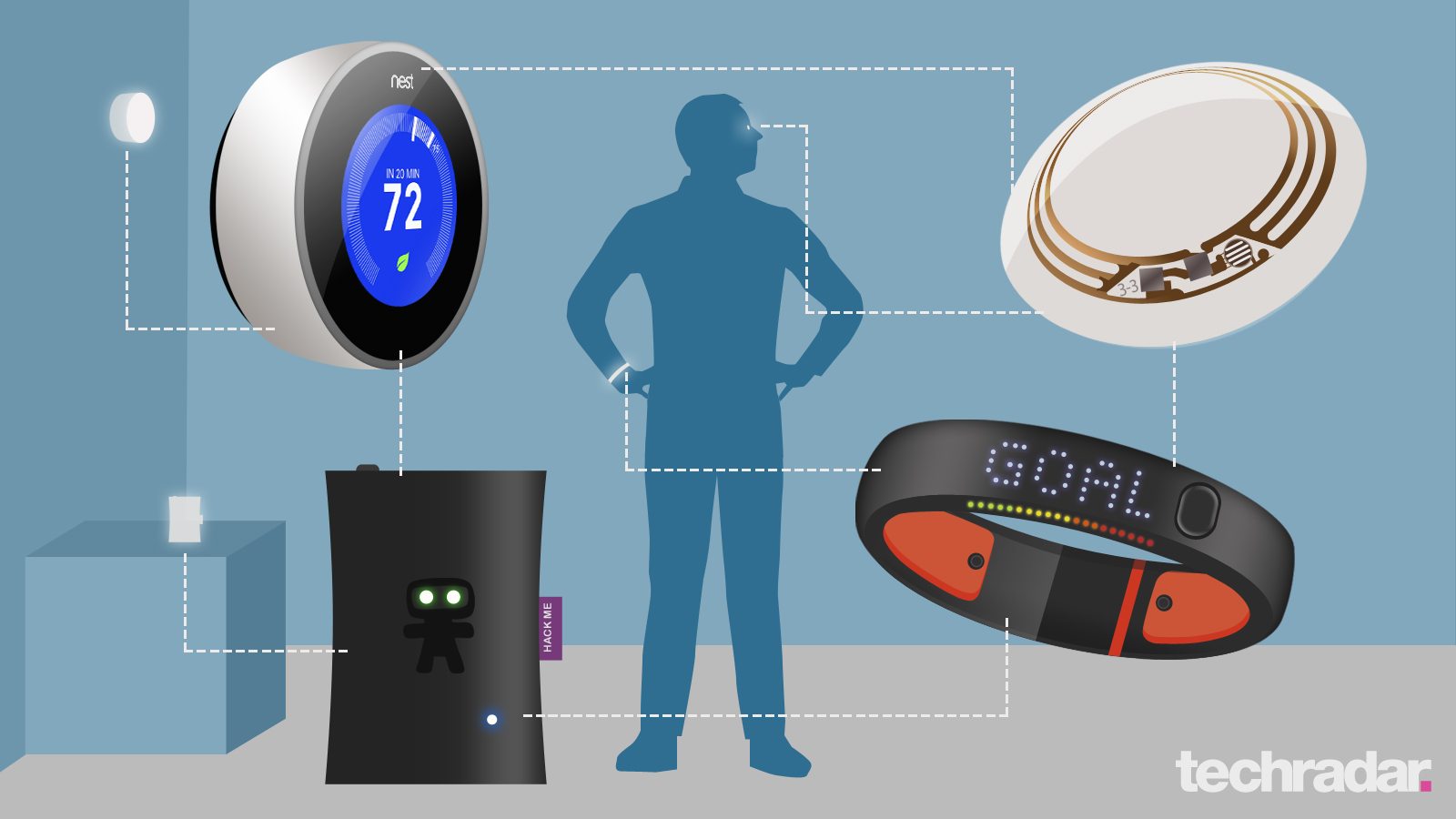Why data will be at the intersection of everything in 2015
The data trends that will shape the world

We are in the age of information and information mobility. Data will be at the intersection of everything in 2015; every industry, every innovation and every scandal. So what are the top seven data trends that will unfold over the coming year and shape 2015?
1. Fragmenting into the cloud
In 2015 many businesses will be traversing the last mile of cloud adoption, moving traditional on-premise databases and architectures such as ERP and data centres into the cloud. This will amplify data fragmentation as data travels to the cloud and resides in different locations.
Ultimately this fragmentation will result in huge challenges when it comes to data control, access and exploitation. Successful businesses will be those able to remain agile when trying to combine, access and exploit that data, regardless of location. The businesses who already struggle to understand where their data is, will fail to control, secure and exploit their data assets.
2. Metadata will become as much an asset as the data itself
Demands about data transparency, ownership and responsibility are coming loud and clear, but data continues to fragment across multiple apps, platforms, integrators, stores and technologies. The European Union (EU) data protection regulations, as well as consumer demands around security and ownership, will force organisations to be more transparent about where their data lives and how it is used.
Metadata will rise to unparalleled importance for organisations seeking to keep tabs on their data assets and prove to consumers and stakeholders that they are in control. Clear and real-time overviews of where it is, how and when it's being used, who is accessing it and what kind of information they are using, will become as much an asset as the data itself.
3. The rise of the new data republics
To help ensure the best possible protection of personal data when it is exported abroad, the proposed EU data protection directive is expected to be introduced this year. The final regulation is anticipated to introduce specific rules that will govern the transfer of personal data outside the EU, which could further hamper an organisation's ability to move its data overseas.
However, where there is challenge, there is also opportunity. Countries re-gearing their approach to data could benefit from becoming safe harbours in the new information economy. National and international regulation may shape the formation of new 'data republics'. Regulations around the security of data will become a differentiator as important as taxation when it comes to where organisations decide to do business.
Are you a pro? Subscribe to our newsletter
Sign up to the TechRadar Pro newsletter to get all the top news, opinion, features and guidance your business needs to succeed!
4. Businesses will try and fail to drink from the fire hose
By 2016 an estimated 82.5 billion devices will be connected to the internet. This year, we'll see the emergence of low-tech Wi-Fi hacks to connect our traditionally 'dumb' devices, as well as the introduction of a whole raft of new smart technologies. The Internet of Things will create an explosion of data but the models to support the collection and storage of these huge volumes are not yet in place.
New platforms, languages and sources are emerging all of the time. Just look at the speed at which social media platforms rise to prominence and then fade to obscurity. Businesses need to be incredibly agile when it comes to tapping into and making sense of a brand new data source. Businesses cannot afford to take a year or more to integrate when sources emerge so rapidly. Manpower simply can't do this, businesses need intelligent technology to help them cope with the volume and complexity of ingesting and analysing the age of information mobility.
5. Big data will mean big responsibility
The exponential growth in big data and the explosion of data sources – social, mobile, cloud, IoT, wearables – has a corollary social impact. This year, there will be a battle over who's responsible for all that data.
The weight of the majority will be the defining factor in data responsibility with consumers voting with their feet. Consumers have huge power over the actions of brands, governments and organisations. Trust and ethical policy creation will be vital for attracting millennial customers. Transparency over how data is used, stored and traded will be the rallying cry.
6. Data becomes a business asset to shareholders
Described as gold or oil, over the course of 2014 businesses got their heads around how data can be used as an asset. Many organisations are now looking at how to build new revenue streams using the data available, whether through developing new services or selling on the raw information.
However there is a flipside and due to its value, data is also a risk. As businesses acquire more data then they will need to outline the inherent risks in storing, cleaning and securing that data to shareholders. Particularly if disruptions occur that could have a consequential impact on the data that organisations are responsible for safeguarding.
7. Perimeter defence will be meaningless
Fortress building is becoming meaningless in the world of data security. Some of the largest scale breaches we've seen have happened from the inside. The lowest tech, easiest approach is to bribe or blackmail your way to that data, which means that every employee is a potential risk.
In the face of increased breaches and a tough environment for consumer trust, this year organisations will need to look beyond the fortress walls and find a way to secure data at its source, and in motion. In order to do so they need to have a much better understanding of how and where their data moves than they currently do.
- Greg Hanson is Technical Operations Director EMEA at Informatica
Greg Hanson is VP EMEA and LATAM at Informatica.
